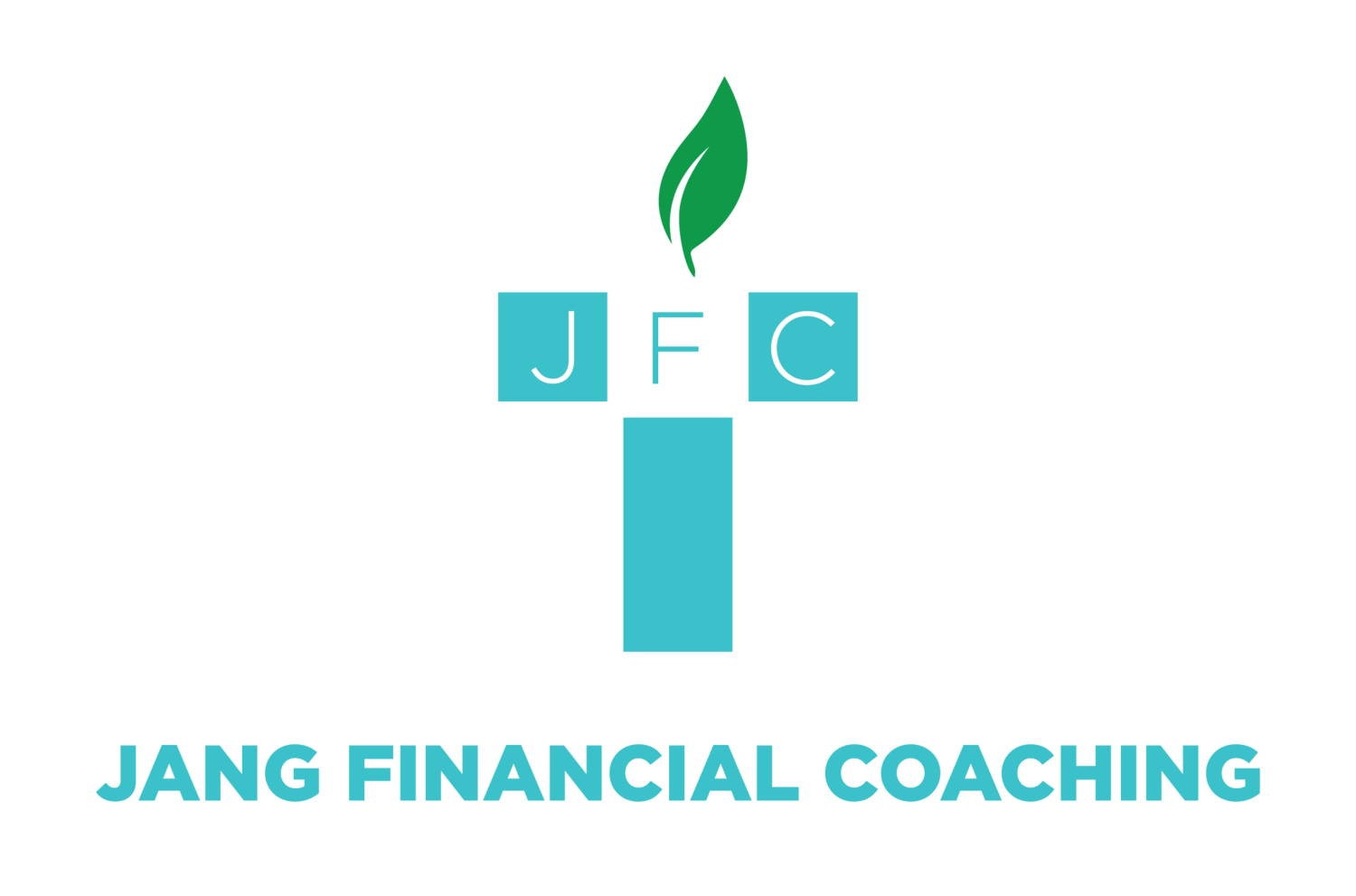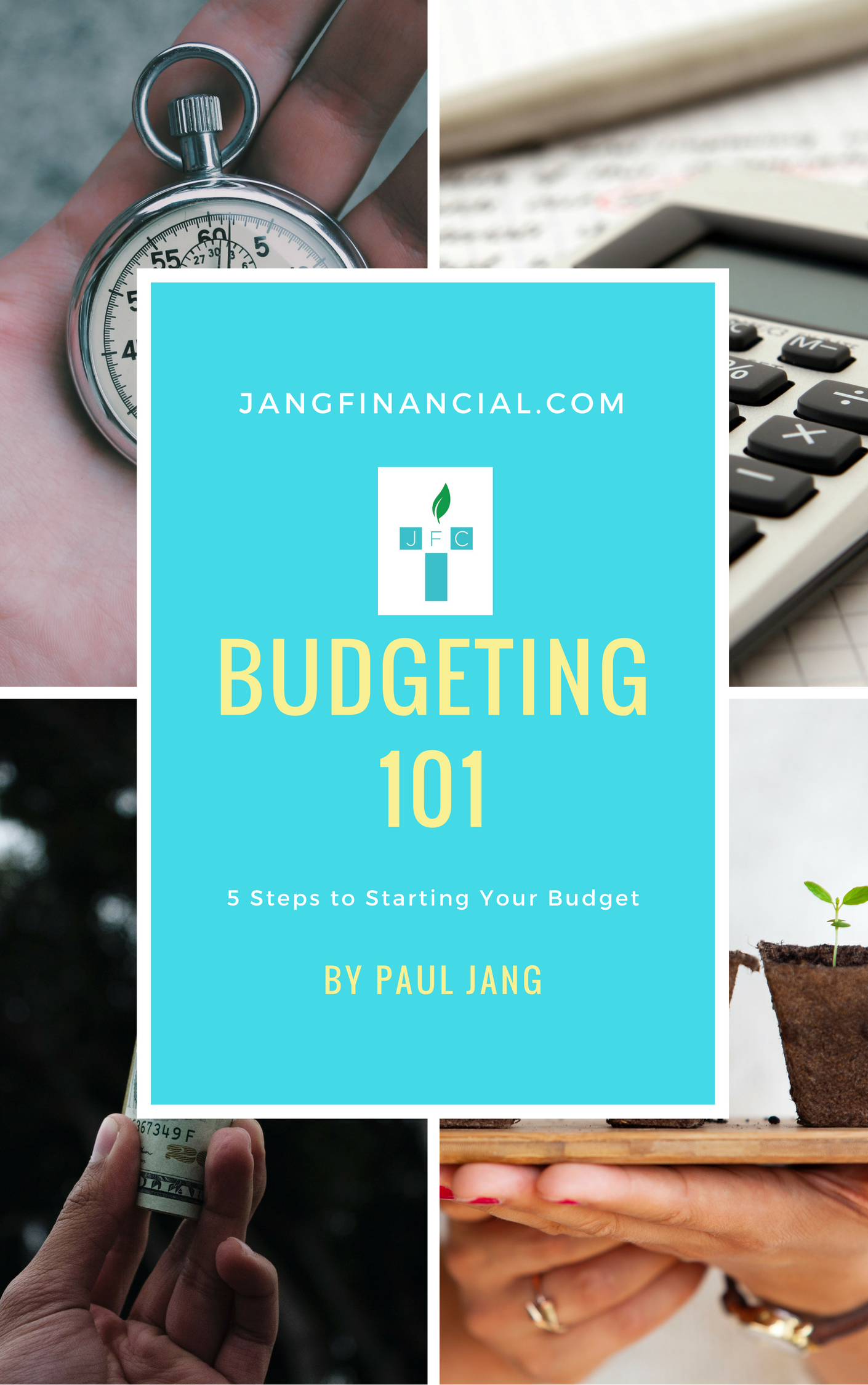The Compliant’s Guide to Setting Boundaries with People About Money
/The Compliant’s Guide to Setting Boundaries with People About Money
I recently had a conversation with a young man who shared with me that he couldn’t say “no” to a bunch of people who claimed how they wanted to use his paycheck.
What makes a person unable to say “no” to such demand? He wasn’t making that much to begin with and he had bills coming up, yet when a bunch of people he didn’t even know for that long demanded that he uses his paycheck to do certain things for them, I was shocked to hear from him that he couldn’t say “no.” Not a part of his paycheck, but the whole thing. Neither because he could afford to be generous nor because God was moving him to a season of radical generosity. All this time, he was ignoring his other financial obligations.
We live in a broken world that is marred by the consequences of sin, and it is imperative that a child has the power to say that things are wrong, that things are bad, that he doesn’t want to do it, or simply say “no.”
However, some of us grew with parents who taught us that setting boundaries or saying “no” is bad or selfish, and in so doing, they have implicitly taught us that others can do to us as they wish. And in so doing, some of us are handicapped even now as adults and say “yes” to bad things.
Christian Psychologists Henry Cloud and John Townsend in their book Boundaries say that “Compliant people have fuzzy and indistinct boundaries; they “melt” into the demands and needs of other people. They can’t stand alone, distinct from people who want something from them…They minimize their differences with others so as not to rock the boat. Compliants are chameleons. After a while, it’s hard to distinguish them from their environment.”
I was coaching a couple with two children who were not making their ends meet financially but felt guilty about not stopping their giving to support someone else. They didn’t even have enough money to provide for their children. They were stressed and going further in the red financially, but felt unspiritual and ashamed to stop supporting someone they had been supporting before they had kids. When asked if they felt this was what the Lord was convicting them to do in radical trust, they shared that they knew they should stop but just couldn’t get themselves to tell the person that they couldn’t support them any longer.
Whether in general or specifically in personal finances, those of us who identify ourselves as compliants experience a strong emotional sense of fear whenever we need to protect ourselves with the word ‘no’. Many compliants aren’t even aware that evil is being perpetrated and obliviously get taken advantage by people.
Townsend and Cloud list different reasons that are mainly dominated by fear, such as 1) fear of hurting the other person’s feelings, 2) fear of abandonment and separateness, 3) fear of someone else’s anger, 4) fear of punishment, 5) fear of being shamed, 6) fear of being seen as bad or selfish, 7) fear of being unspiritual, and 8) fear of one’s overstrict, critical conscience.
Maybe you are a compliant person and just can’t get yourself to say “no” to your family member, friend or coworker who keeps asking for financial help. We say it’s the Christian thing to help a person who is in need, but are we truly loving our family, friend or coworker when we are enabling them and keeping them from experiencing the consequences of their actions or inactions that brings them to the same place of needing help?
How many times should a parent bailout a fully grown adult child with a credit card debt that they can’t pay off? Are we really loving such a person by paying off their debt for the sixth time or could it possibly be more loving to let that person fully experience the consequences of his actions?
Perhaps you that parent who keep helping out of fear.
Or perhaps you are that adult child who keeps asking for help instead of facing your consequences for once.
I have served parents who can’t say “no” to their adult children and adult children who have finally heard a “no” and don’t know what to do. Where are you in your financial stewardship journey?
At the heart of establishing boundaries is knowing what is good, what is bad, knowing who you are and what it means to live with integrity. God surely has boundaries, and so should Christ-followers as we steward all that the Lord has given us to manage for his approval, from relationships to money.
Let me suggest that you start by reading this book and start learning about boundaries from a biblical perspective. Invest in yourself by reading this book and please support me by using the affiliate links below when you get a copy of your book, Boundaries by John Townsend and Henry Cloud.
You can purchase them at my resource page.
You won’t regret investing in this book.
Ready to Start?
Are you ready to get started? Contact me at paul@jangfinancial.com if you want to help disciple your congregation as God-honoring stewards from a biblical perspective, or if you yourself want to grow as a steward seeking to practically manage the finances better to hear from our Lord upon his return, “Well done, good and faithful servant. You have been faithful over a little; I will set you over much. Enter into the joy of your master.” (Matthew 25:21, 23)
Paul Jang
Pastor | Personal Financial Coach to Individuals & Financial Stewardship Ministry Consultant for Churches
*If you want to automatically receive these weekly blogs, sign up for a free budgeting e-book at www.jangfinancial.com.
**Want to check out other blog entries, check out www.jangfinancial.com/jang-financial-stewardship-blogs/
Paul Jang served as a full-time ordained pastor for close to 15 years in Bergen County, NJ. Currently, he serves as an associate pastor at the Church Gathered & Scattered and as a personal financial coach and a financial stewardship ministry consultant for churches at Jang Financial Coaching LLC (jangfinancial.com), he serves Christ-followers and churches position toward financial peace, independence, and generosity. He is a certified Ramsey Solutions Master Financial Coach, a certified small group facilitator of Compass, finances God’s way, and a member of Christian Stewardship Network. Paul has been serving as a financial counselor for about decade and enjoys running while listening to a good audiobook on anything financial. He is happily married to Joy and committed to raising 3 future stewards in God’s Kingdom.
Articles on Boundaries
How to Set Boundaries with People About Money
Articles on Generosity
Confessions of a Novice in Generosity
The Beginner’s Guide to Generosity
Warning: Read This to Rethink About Generous Living
Keys to Living a Generous Life
Articles on Financial-Emotional Types:
Do You Make This Mistake in Your Personal Finances?
How the Self-Worth Spender Within Me Stole 9 Months of My Life
Why Some People Always Medicate Themselves Through Retail Therapy
Confessions of a Recovering Security Seeker
What Is Your Financial Emotional Elephant Type?
Articles on Budgeting and Debt-Elimination
A Steward’s Guide to Starting a Budget
A Steward’s Guide to Starting a Budget Part 2: Tracking Expenses by Category
A Steward’s Guide to Starting a Budget Part 3: Fixed, Variable and Lifestyle Choices



